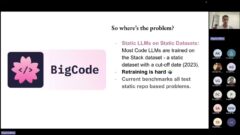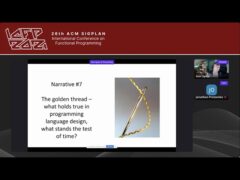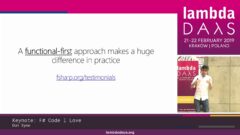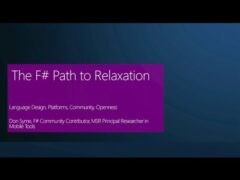[OOPSLA 2023] Overwatch: Learning Patterns in Code Edit Sequences
Integrated Development Environments (IDEs) provide tool support to automate many source code editing tasks. Traditionally, IDEs use only the spatial context, i.e., the location where the developer is editing, to generate candidate edit recommendations. However, spatial context alone is often not sufficient to confidently predict the developer’s next edit, and thus IDEs generate many suggestions at a location. Therefore, IDEs generally do not actively offer suggestions and instead, the developer is usually required to click on a specific icon or menu and then select from a large list of potential suggestions. As a consequence, developers often miss the opportunity to use the tool support because they are not aware it exists or forget to use it. To better understand common patterns in developer behavior and produce better edit recommendations, we can additionally use the temporal context, i.e., the edits that a developer was recently performing. To enable edit recommendations based on temporal context, we present Overwatch, a novel technique for learning edit sequence patterns from traces of developers’ edits performed in an IDE. Our experiments show that Overwatch has 78% precision and that Overwatch not only completed edits when developers missed the opportunity to use the IDE tool support but also predicted new edits that have no tool support in the IDE.
- Date:
Watch Next
-
-
LLMs vs. Torch 1.5: Why Your Code Assistant Can't Keep Up
Speakers:- Diganta Misra
-
-
VLDB 2023 Presentation for CORNET: Learning Table Formatting Rules By Example
Speakers:- Mukul Singh
-
What's New in F# 6 0
Speakers:- Don Syme
-
What’s New in F# 5.0 & Beyond • Don Syme • YOW! 2021
Speakers:- Don Syme
-
ML 2021 - Keynote: Narratives and Lessons from The Early History of F#
Speakers:- Don Syme
-
Don Syme - Keynote - F# Code I Love | Lambda Days 2019
Speakers:- Don Syme
-
The F# Path To Relaxation - Don Syme
Speakers:- Don Syme









